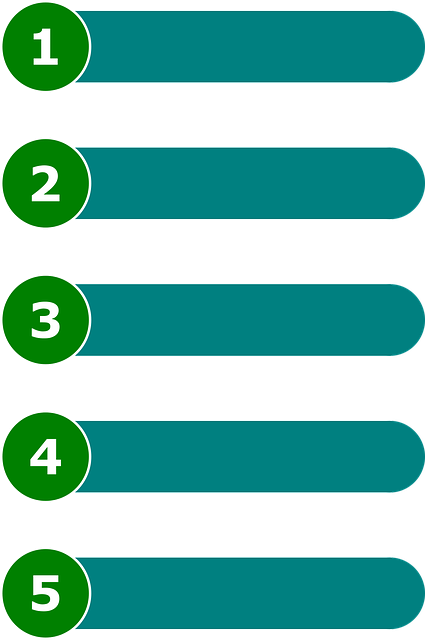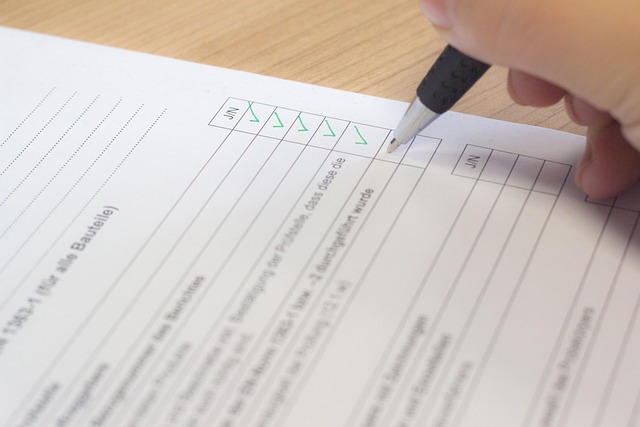In real estate, the closing process is a complex yet vital stage requiring meticulous preparation for a successful transition. It begins with document gathering, financial verification, and contract review to ensure mutual understanding. Clients must sign paperwork, understand legalities, and be aware of expenses. Proactive preparation, including organizing documents and addressing concerns, minimizes delays. Post-closing, proper documentation, communication, and agent guidance ensure a seamless shift for buyers and sellers.
“Effortlessly navigate the intricate real estate closing process with our comprehensive guide. This step-by-step manual is designed to equip clients with the knowledge needed to confidently walk through each phase, from pre-approval to keys in hand. We’ll explore essential preparation tips, shed light on post-closing considerations, and offer expert strategies for a seamless transition into your new property. Whether a first-time buyer or seasoned investor, this guide ensures a smooth and stress-free real estate journey.”
Understanding the Closing Process: A Step-by-Step Guide

The closing process in real estate is a crucial phase that marks the final step in purchasing or selling a property. It involves multiple stages, each with specific tasks and requirements, ensuring a smooth transition for all parties involved. Understanding this process beforehand can significantly reduce anxiety and confusion for clients navigating their first real estate transaction.
A comprehensive guide should start by outlining the initial steps, such as gathering necessary documents and verifying financial information. This is followed by a detailed review of contracts, ensuring every clause is understood and agreed upon. The guide should then walk clients through the process of signing paperwork at the closing table, explaining the legal implications and what each signature entails. Additionally, it’s vital to discuss common expenses and fees associated with closing, allowing buyers and sellers to prepare financially and make informed decisions.
Preparing for Closing: What Clients Need to Know

Preparing for closing in real estate is a crucial step that requires clients to be well-informed and organized. This process involves several key activities to ensure a smooth transition from contract to ownership. Clients should begin by reviewing their contract thoroughly, understanding all the terms and conditions, and clarifying any concerns with their agent or legal counsel. It’s essential to gather necessary documents, such as proof of funds for the down payment and closing costs, and ensure all financial aspects are in order.
Additionally, clients must take care of pending repairs or inspections mentioned in the contract. They should coordinate with their agent to schedule any required appraisals or final walk-throughs. This preparation ensures that the closing process moves efficiently, reducing potential delays or complications. By being proactive and well-prepared, clients can navigate the closing phase confidently, setting the stage for a successful homeownership experience.
Navigating Post-Closing: Steps to Ensure a Smooth Transition

After successfully closing on a real estate transaction, the work isn’t always done. Navigating post-closing processes is crucial to ensure a smooth transition for both clients and agents. The first step is to gather all necessary documentation and records from the closing table. This includes contracts, settlement statements, and any other relevant paperwork. Proper organization and secure storage of these documents are essential to maintain transparency and avoid future complications.
Additionally, post-closing communication is vital. Both parties should confirm receipt of all funds, keys, and any other agreed-upon items. Real estate agents can play a significant role in facilitating this by staying in touch with clients, offering guidance on next steps like utility transfers and home ownership education, and addressing any immediate concerns or questions that arise during this transition period.






